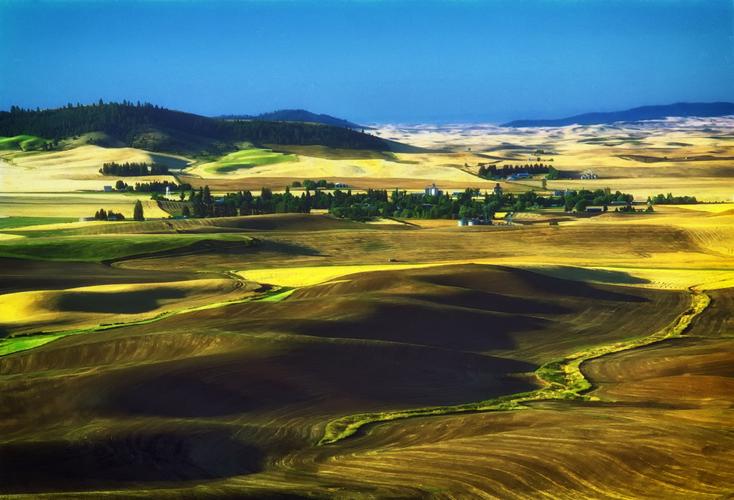Unpacking the Layers of Cultural Evolution: Understanding the Dynamics of Innovation and Culture Change
Cultural evolution is a process that refers to the changing beliefs, behaviors, and customs of a society over time. This continuous process of change has taken place throughout human history. It has brought significant transformations in the way people live, work, and interact with one another. In this article, we will unpack the layers of cultural evolution, understand the dynamics of innovation, and culture change.
Cultural evolution is a complex and multifaceted process. It involves different layers, including generational, social, and technological changes. The generational layer refers to changes in values and beliefs across different age groups. Social changes refer to transformations in the way individuals relate to one another, such as new forms of family, marriage, and gender roles. Technological changes refer to innovations that transform the way people live, work, and interact with one another.
The dynamics of innovation play a key role in cultural evolution. Innovation refers to the creation of new ideas, products, or processes that change the way individuals live and work. It is driven by a variety of factors, including economic, social, and political pressures. For example, the industrial revolution, which saw the transition from hand production to machine production, was driven by economic pressures to increase productivity and efficiency. It brought about significant changes in people’s lives, changing the way they lived, worked, and interacted with one another.
Culture change is another critical component of cultural evolution. It refers to the transformation of society’s beliefs, values, and practices over time. Culture change can be both intentional and unintentional, and it is typically driven by a variety of factors. For example, globalization has brought about significant changes in culture, such as the spread of Western values and beliefs across the world.
In understanding the dynamics of innovation and culture change, it is essential to recognize the role of early adopters. Early adopters are individuals or groups who embrace new ideas, products, or processes before they become widely adopted. They play a crucial role in driving innovation and culture change forward.
In conclusion, cultural evolution is a continuous process of change that has occurred throughout human history. It involves different layers, including generational, social, and technological changes. The dynamics of innovation drive the process forward, with early adopters playing a critical role in driving culture change. To fully understand the layers of cultural evolution, it is essential to keep an open mind and embrace new ideas and perspectives. By doing so, we can adapt to change and create a better future for ourselves and future generations.
(Note: Do you have knowledge or insights to share? Unlock new opportunities and expand your reach by joining our authors team. Click Registration to join us and share your expertise with our readers.)
